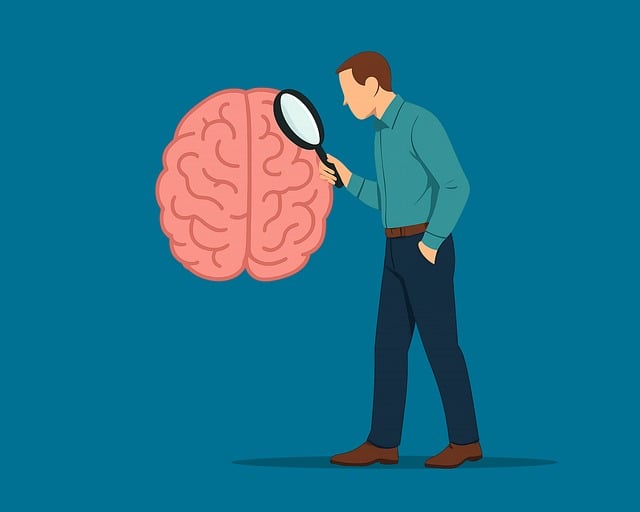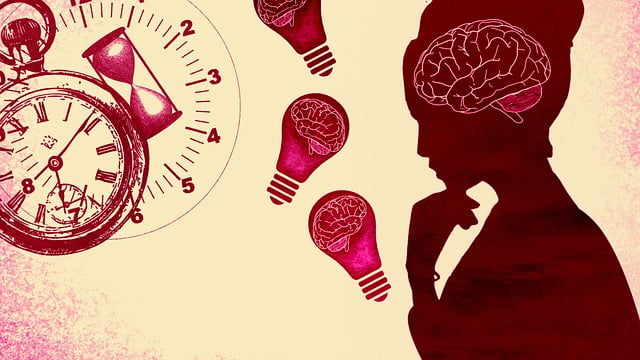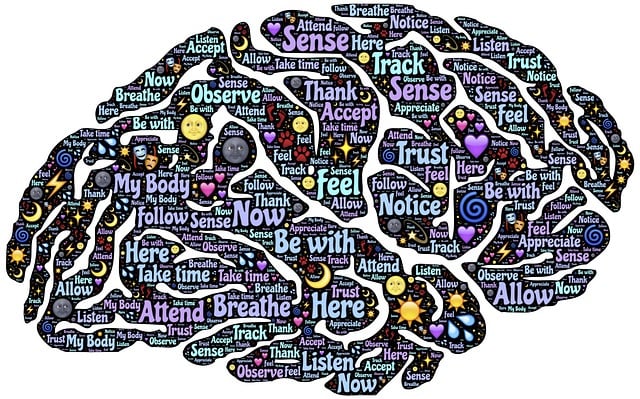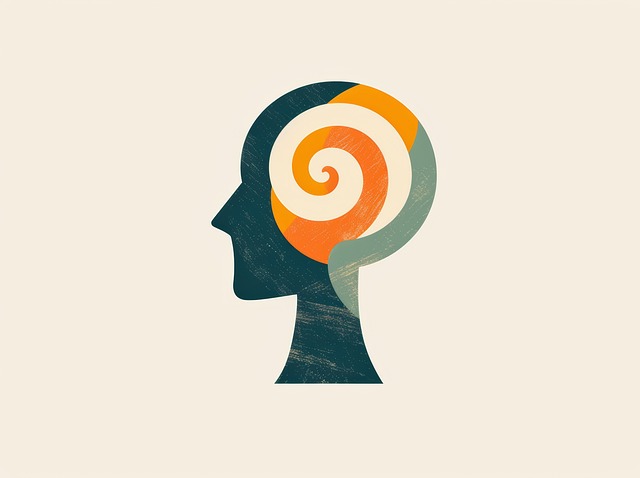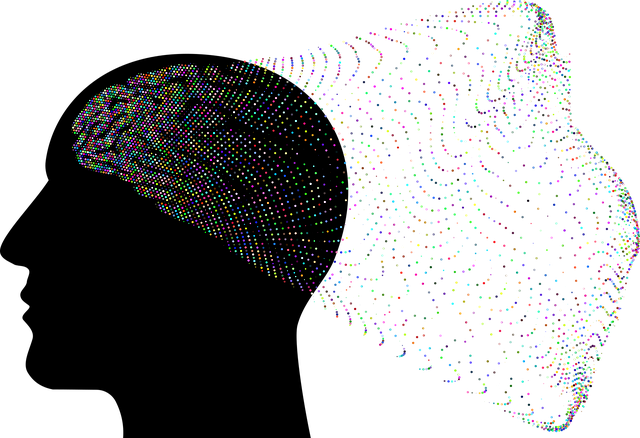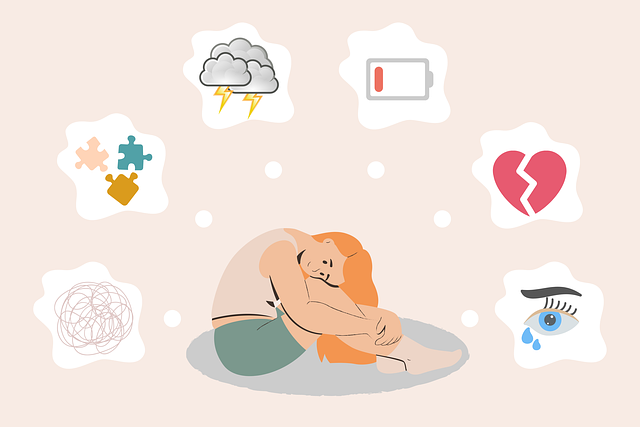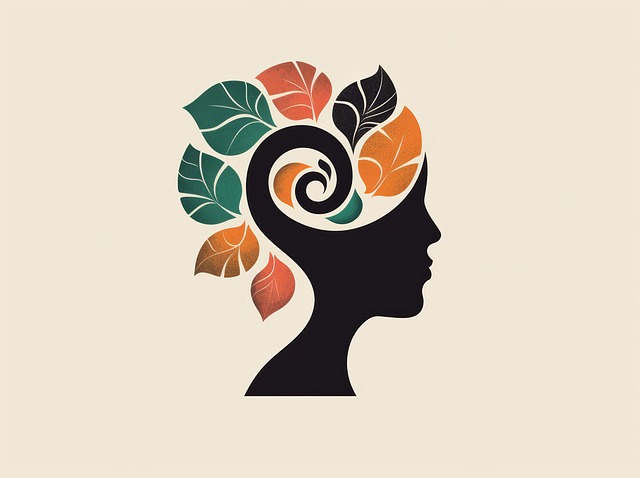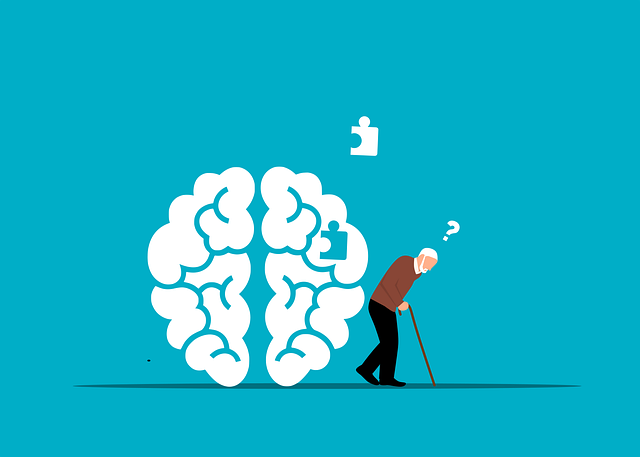Mental wellness is integral to managing chronic pain, as emphasized by Colorado Springs Chronic Pain Therapy experts. Mindfulness techniques like journaling are powerful tools for self-care and emotional processing, boosting resilience and self-esteem among individuals with chronic pain. Creating a personalized journal helps track moods, self-care practices, and progress, fostering self-awareness and control over well-being. Capturing emotions through writing, combined with therapy, offers a safe space to explore feelings and triggers, enhancing coping strategies and communication with healthcare providers. Regular journaling can lead to long-term pain reduction and improved quality of life for those seeking Colorado Springs Chronic Pain Therapy.
“Unwind and embrace the transformative power of mental wellness journaling as a coping mechanism for chronic pain in Colorado Springs. This article guides you through a holistic approach, revealing how self-reflection and healing intertwine with managing persistent pain. Discover the art of customizing your journal to cater to your unique therapy needs. Learn effective strategies to capture emotions on paper, fostering lasting pain management. By integrating this practice into your daily routine, you’ll unlock a path towards enhanced mental wellness and improved quality of life in Colorado Springs.”
- Understanding Mental Wellness and Its Impact on Chronic Pain
- Journaling as a Powerful Tool for Self-Reflection and Healing
- Creating Your Journal: Customizing It for Personalized Therapy
- Effective Techniques to Capture and Process Emotions in Writing
- Integrating Journaling into Your Routine for Lasting Pain Management
Understanding Mental Wellness and Its Impact on Chronic Pain

Mental wellness is a crucial aspect of overall health and well-being, especially when navigating chronic pain conditions. In Colorado Springs Chronic Pain Therapy, understanding the intricate relationship between mental health and physical pain is essential for developing effective treatment plans. Chronic pain can significantly impact an individual’s mental state, leading to heightened stress levels, anxiety, depression, and even decreased self-esteem. This interconnection is not merely a byproduct but a contributing factor to the severity and management of chronic pain.
For healthcare professionals, especially those involved in risk assessment for mental health professionals, recognizing these correlations is vital for burnout prevention strategies. By integrating self-care practices and incorporating mindfulness techniques, mental wellness journaling can be a powerful tool. It encourages individuals to process emotions, gain insights into their thoughts, and foster resilience—all of which are essential components in managing chronic pain effectively while enhancing self-esteem.
Journaling as a Powerful Tool for Self-Reflection and Healing

Journaling has emerged as a powerful tool for self-reflection and healing, offering individuals a means to process their thoughts, emotions, and experiences in a safe and private space. For those navigating challenges such as chronic pain, mental illness, or trauma—including those seeking Colorado Springs chronic pain therapy—journaling can be an incredibly effective way to promote self-awareness and personal growth. By putting pen to paper (or fingers to keyboard), individuals can explore their feelings, track their progress, and gain valuable insights into their mindset, all while fostering a sense of agency over their well-being.
In the context of Burnout Prevention Strategies for Healthcare Providers or Trauma Support Services, journaling plays a crucial role in Mental Illness Stigma Reduction Efforts. It allows people to externalize their struggles, reframe negative thoughts, and cultivate gratitude. Moreover, it provides a tangible record of one’s journey, enabling individuals to look back on their achievements and resilience, reinforcing a positive self-image, and fostering hope for the future.
Creating Your Journal: Customizing It for Personalized Therapy

Creating your journal is an essential step in embarking on a personalized therapy journey, especially when navigating Colorado Springs chronic pain therapy. It’s a space where you can explore your thoughts and emotions freely. Start by choosing a format that suits your preferences—it could be as simple as a notebook or a digital document. Consider adding sections for tracking your daily moods, jotting down self-care practices, and reflecting on progress. Personalize it with prompts relevant to your chronic pain experience; for instance, rate your pain level, note any triggers, and describe how you’d like to feel instead.
This practice goes beyond mood management; it’s a powerful tool in compassion cultivation practices and burnout prevention strategies for healthcare providers too. By documenting your journey, you gain insights into patterns of thinking and behaviors, enabling self-awareness and personal growth. Regularly reviewing your journal can help identify triggers and successful coping mechanisms, fostering a sense of control over your well-being.
Effective Techniques to Capture and Process Emotions in Writing

Capturing and processing emotions through writing is a powerful tool for mental wellness, especially when coupled with Colorado Springs chronic pain therapy practices. Effective journaling involves creating a safe space to explore feelings without judgment. Start by allocating dedicated time each day for your journal, perhaps near the end of the day when emotions are more accessible. Use prompts like “Describe how you felt today” or “What triggered any strong emotions?” to guide your reflections.
Writing about difficult experiences can be therapeutic, but it’s also crucial to learn coping strategies. For instance, if anger arises while writing, practice deep breathing exercises before responding. This pause allows for a more thoughtful and constructive expression of feelings. Additionally, incorporating gratitude or positive affirmations at the end of each entry can boost confidence and foster resilience, all of which are essential components of holistic mental healthcare, including Colorado Springs chronic pain therapy programs and community outreach initiatives focusing on cultural sensitivity in mental health practice.
Integrating Journaling into Your Routine for Lasting Pain Management

Incorporating journaling into your daily routine can be a powerful tool for managing chronic pain in Colorado Springs, especially when combined with specialized therapy like that offered by healthcare providers with expertise in pain management. It provides a dedicated space to express and explore emotions, thoughts, and physical sensations related to pain, fostering self-awareness and coping strategies. By committing time to this practice, individuals can develop a deeper understanding of their pain triggers and patterns, allowing for more effective conflict resolution techniques.
Journaling offers a safe, private outlet where one can reflect on experiences and implement self-care practices tailored to individual needs. It encourages the development of healthy coping mechanisms, enhances communication with healthcare providers, and promotes overall cultural competency training in pain management—a crucial aspect of navigating chronic pain. Through regular expression and analysis, individuals gain valuable insights that contribute to long-term pain reduction and improved quality of life.
Mental wellness journaling can be a transformative practice for those managing chronic pain, offering a personalized therapy approach in Colorado Springs Chronic Pain Therapy. By incorporating effective emotional processing techniques and making it a routine part of their lives, individuals can enhance self-reflection and find healing. Customizing your journal to fit your unique needs allows for a deeper understanding of your mental wellness journey, empowering you to take control of your pain management and overall well-being.
